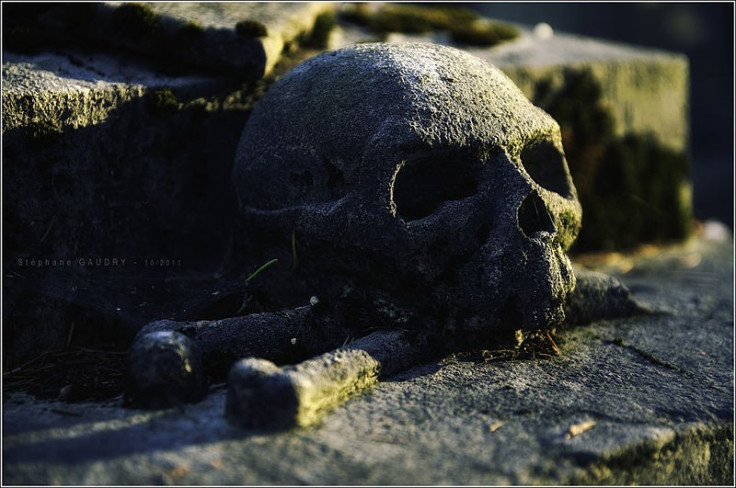Neanderthals Buried Their Dead

Neanderthals buried their dead - further evidence to suggest modern humans are not as far removed from early man as was once thought.
An international team of archaeologists have completed a 13-year study into remains discovered in southwestern France.
Their findings suggest that Neanderthals, either for ceremonial or pragmatic purposes, buried their dead.
Published in the journal Proceedings of the National Academy of Sciences, the researchers say the 50,000-year-old graves confirm Neanderthal burials took place in western Europe.
The researchers focused on Neanderthal remains first discovered in 1908. The bones were remarkably well preserved leading excavators to label the site as a burial ground created by early modern humans.
However, their findings were never confirmed and their conclusion sparked controversy among the scientific community. Many said the discovery was misinterpreted and that the burial had been an accident.
In 1999, William Rendu, the study's lead author and a researcher at the Centre for International Research in the Humanities and Social Sciences (CIRHUS) in New York City, began excavating other sites in the area.
Over the next 13 years, researchers found more Neanderthal remains, including two children and one adult. They also found the bones of a bison and a reindeer.
Although they did not find evidence of digging in the cave where the first skeleton from 1908 was found, geological analysis showed that the depression where the remains were found was not a natural feature of the cave floor.
Further to this, comparison of the Neanderthal bones to the reindeer and bison showed that they had very few cracks, no weathering and no sign of disturbance by an animal.
Rendu said: "This discovery not only confirms the existence of Neanderthal burials in Western Europe, but also reveals a relatively sophisticated cognitive capacity to produce them.
"The relatively pristine nature of these 50,000-year-old remains implies that they were covered soon after death, strongly supporting our conclusion that Neanderthals in this part of Europe took steps to bury their dead.
"While we cannot know if this practice was part of a ritual or merely pragmatic, the discovery reduces the behavioural distance between them and us."
© Copyright IBTimes 2025. All rights reserved.






















